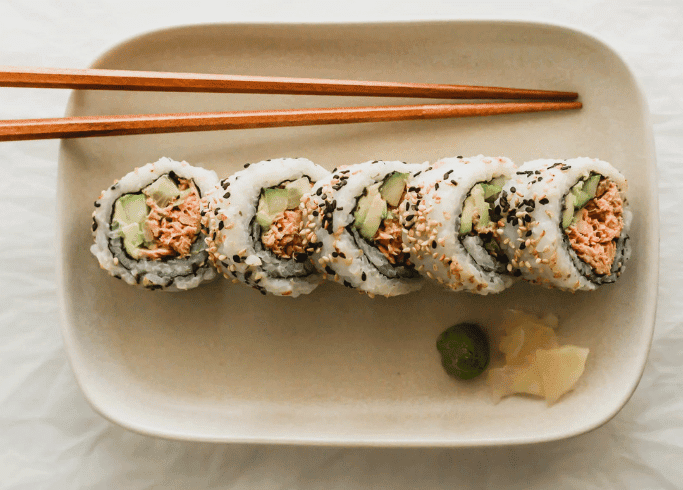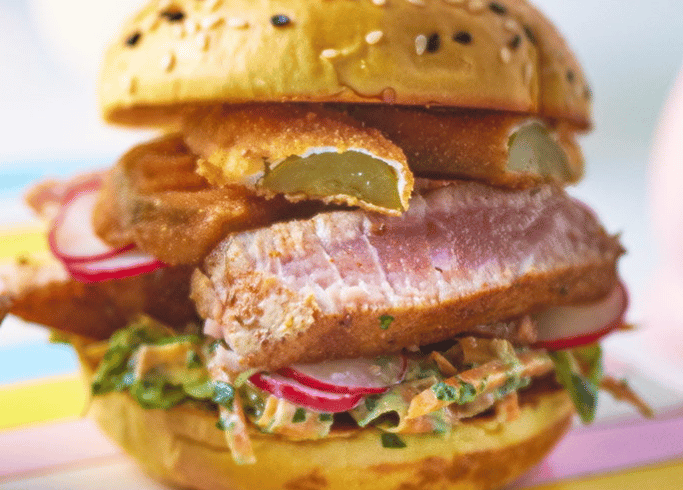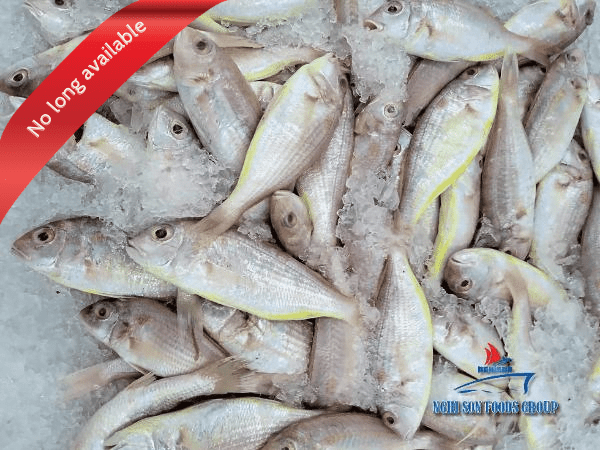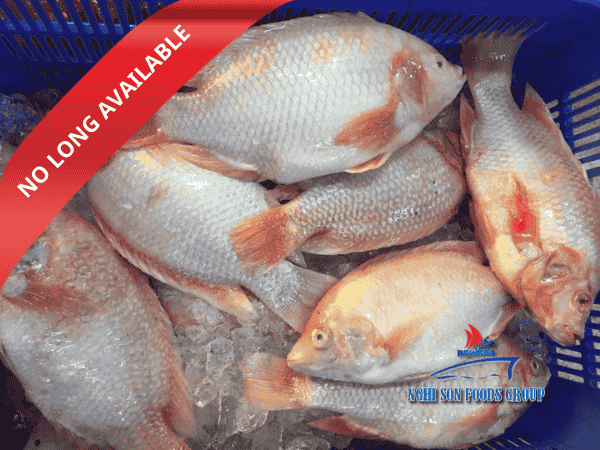China has temporarily halted shipments of salmon from Europe following incorrect speculation that the fish was linked to a new coronavirus outbreak in Beijing. The decision came after traces of the virus were found on fish chopping boards at Beijing’s Xinfadi seafood market, which has become the epicenter of a new cluster of COVID-19 infections.
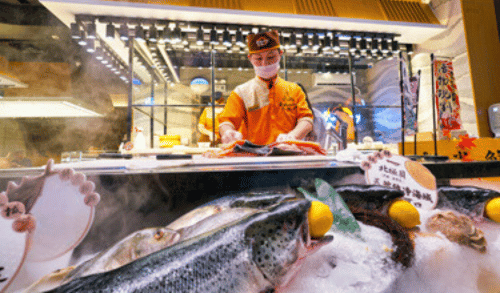
Table of Contents
ToggleTemporary Ban on Fresh Seafood Imports
While there is no formal ban or import restriction in place, seafood traders have confirmed that Beijing has suspended imports of all fresh seafood products, including salmon, according to the South China Morning Post. Supermarkets across China have removed salmon and other imported seafood from their shelves while authorities conduct tests for traces of the virus in imported goods.
European air freight carrier Cargolux also circulated an internal memo stating that a temporary ban has been put on perishable shipments, including fresh meat, fresh fish, vegetables, seafood, and fruits, to various airports in China.
Public Concerns and Expert Statements
Chinese seafood consumers have expressed concerns over the potential link between salmon and the coronavirus, leading to a significant decline in sales of imported seafood in China. Top Chinese medical experts have advised the public to avoid consuming raw salmon or purchasing imported seafood until more information is available.
However, experts from the Chinese Center for Diseases Prevention and Control and other international organizations have stated that there is no evidence to suggest that COVID-19 can infect or be transmitted through aquatic animals.
Trade Groups Counter Misinformation
Seafood trade groups in the United States and Europe are challenging the misinformation being spread in China. They emphasize that reputable organizations like the World Health Organization, the United Nations’ Food and Agriculture Organization, and various national food safety agencies have all stated that there is no evidence linking seafood to the transmission of COVID-19. These trade groups assert that the virus most likely originated from a contaminated worker rather than being transmitted through the fish themselves.
Clarification Efforts by Chinese Authorities and Norwegian Seafood Council
The Chinese Center for Disease Control and Prevention, through its deputy director and other officials, has held a press conference to clarify that there is no evidence suggesting that salmon is the host or intermediate host of the coronavirus.
The contaminated area in the Xinfadi Market was connected to the outbreak, but the virus has not been detected on salmon products that have not entered the contaminated area. No infections related to imported salmon have been reported in other cities, and no contamination has been found in restaurants selling salmon.
The Norwegian Seafood Council (NSC) has also taken steps to reassure consumers and buyers that Norwegian seafood is safe. The NSC emphasizes that there are no official statements linking the COVID-19 outbreak to seafood or salmon, and that seafood products from Norway are deemed safe to eat by the Norwegian Food Safety Authority. The NSC acknowledges the uncertainty caused by the outbreak but emphasizes the importance of relying on factual information from reliable sources.
Impact on Norwegian Salmon Exports
The temporary halt on European salmon imports by China has affected the Norwegian salmon industry. Year-to-date, Norwegian salmon exports to China have decreased by 5 percent compared to the previous year. In 2019, the total trade of Norwegian salmon to China amounted to 23,500 metric tons, valued at NOK 1.6 billion (USD 167.9 million, EUR 149.2 million). China imported approximately USD 686 million (EUR 611 million) worth of salmon in 2019, highlighting the significance of the Chinese market for European salmon producers.
In conclusion, China has temporarily suspended the import of European salmon due to incorrect speculation linking it to a COVID-19 outbreak. Despite expert statements refuting the connection between seafood and the virus, concerns among Chinese consumers have led to a decline in imported seafood sales.
Efforts by Chinese authorities and the Norwegian Seafood Council aim to clarify the situation and assure consumers of the safety of seafood products. The impact on Norwegian salmon exports to China has been notable, emphasizing the importance of accurate information in maintaining trade relationships.




